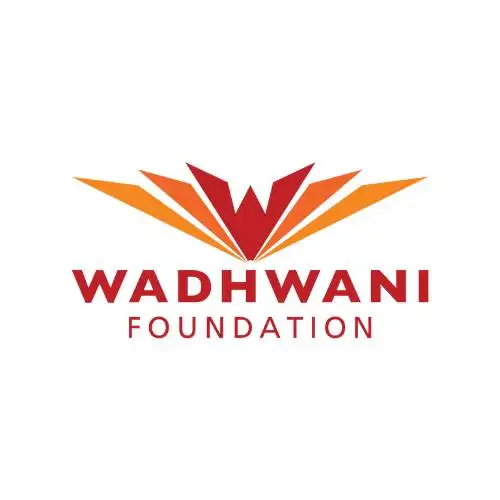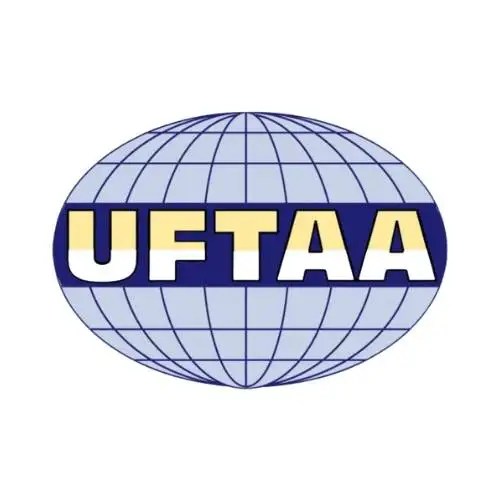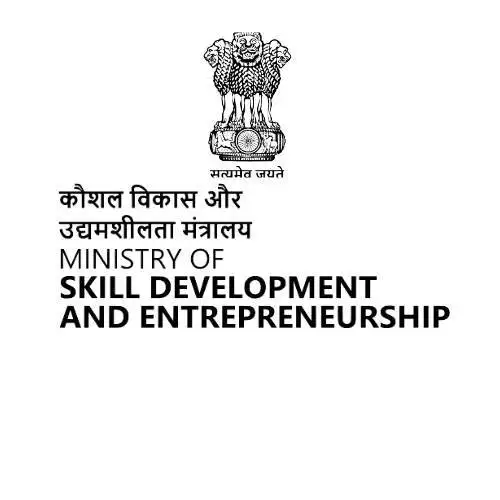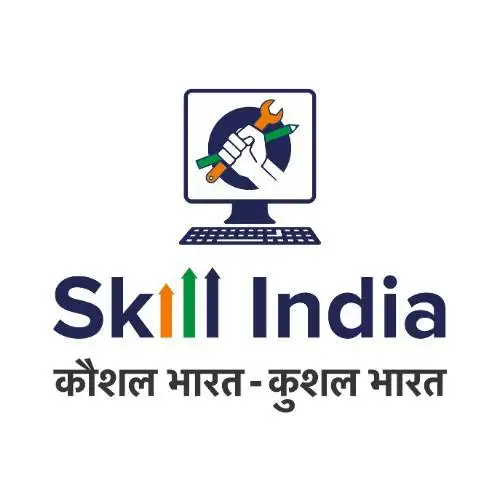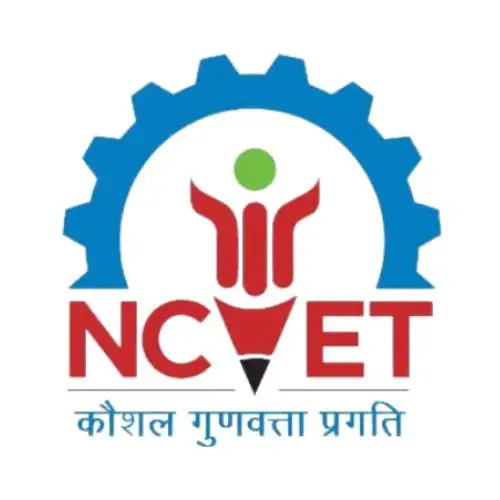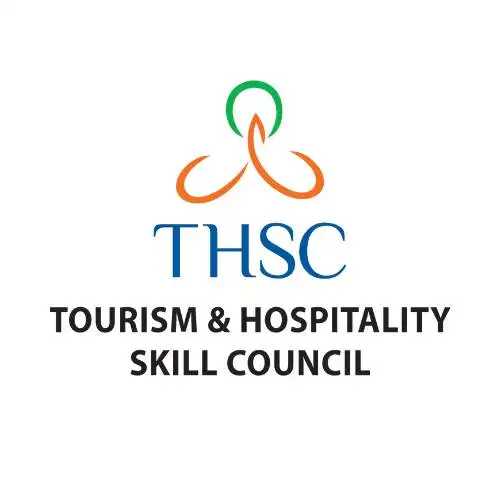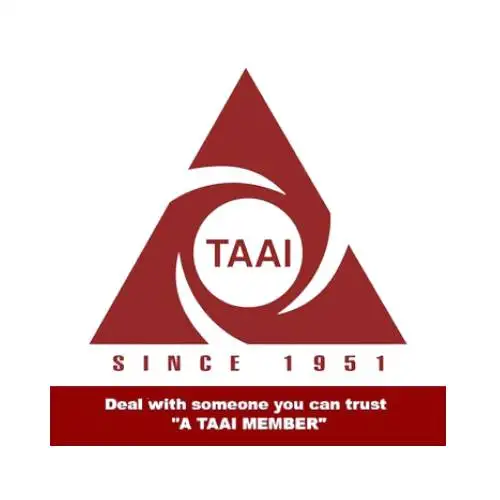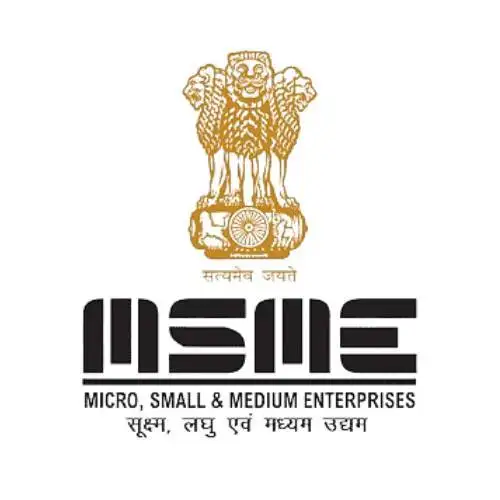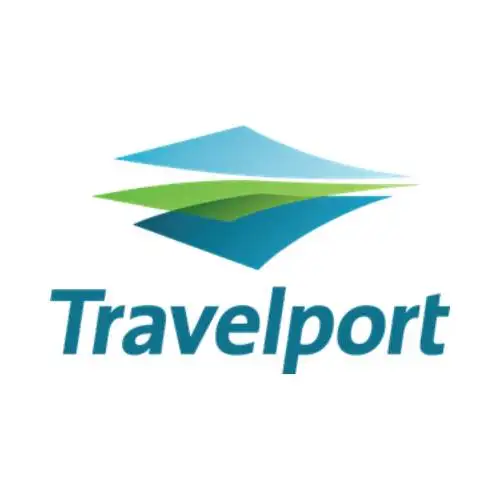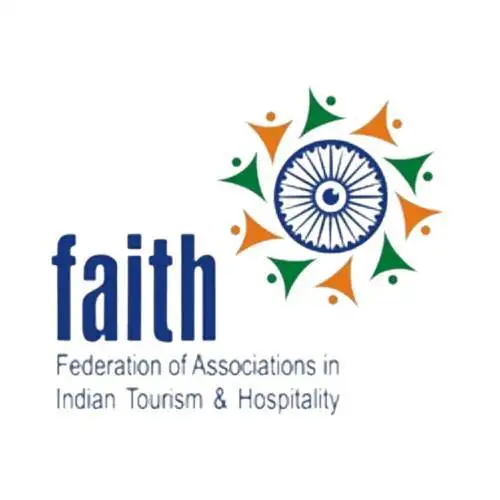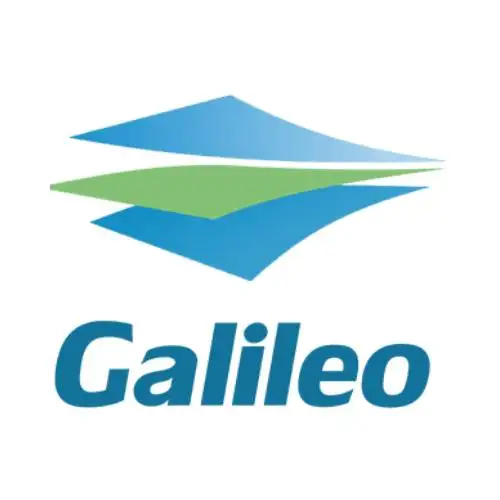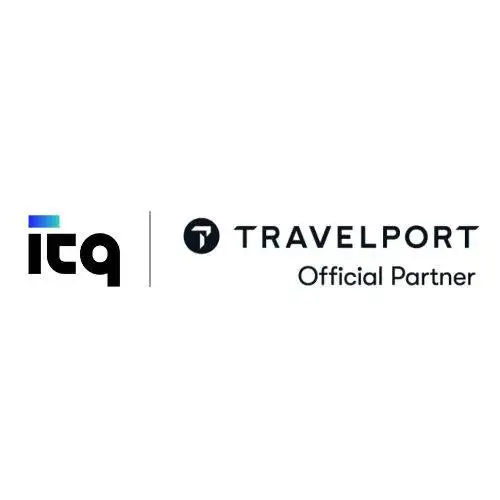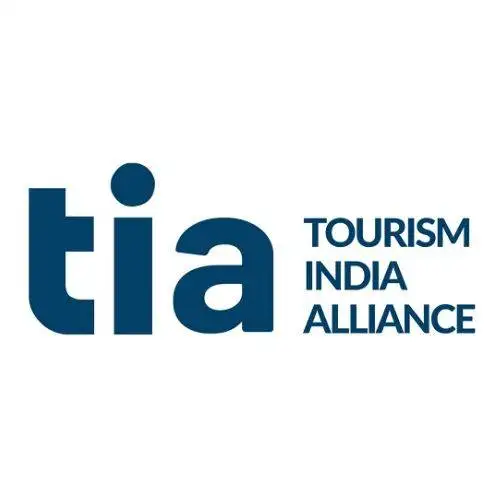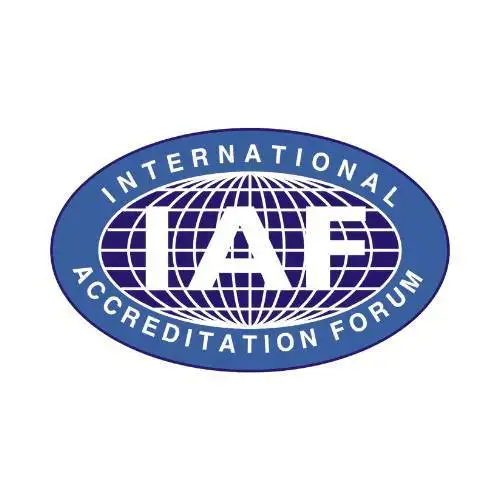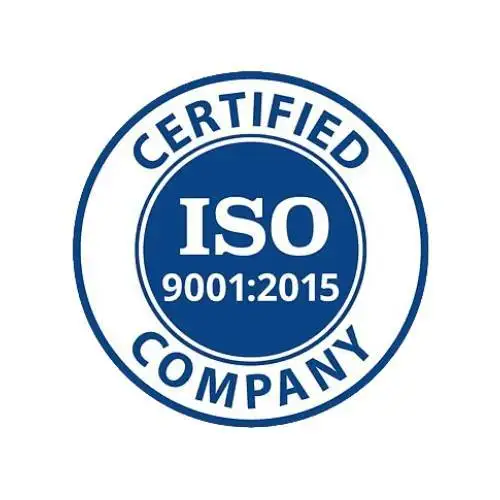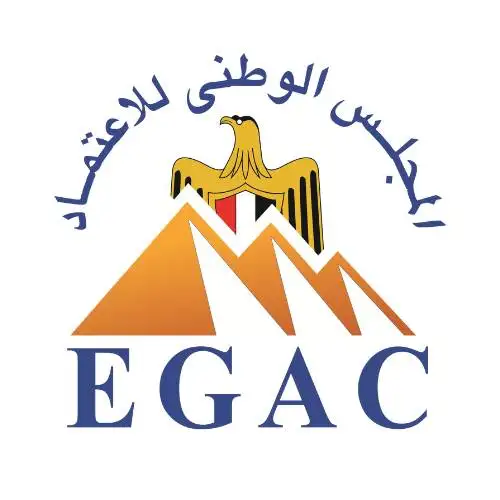Diploma in Travel & Tourism Management: Your Gateway to a Global Career
Diploma in Travel & Tourism Management: The travel and tourism industry stands as a cornerstone of the global economy, demonstrating remarkable dynamism and offering a multitude of opportunities for skilled professionals. Its impact spans across various sectors, creating a need for individuals equipped with the right knowledge and competencies to navigate its complexities and contribute to its continued growth.
Recognizing this demand, the Diploma in Travel & Tourism Management is meticulously designed to provide aspiring professionals with a comprehensive understanding of the industry and the essential skills required for a successful career.
This program serves as a foundational stepping stone for individuals passionate about travel, those seeking a transition into this vibrant sector, or recent graduates eager to embark on a global career path.
Our Government Registrations & Affiliations

Course Duration: 12 months
Course Contents
The Diploma in Travel & Tourism Management offers a structured curriculum divided into several modules, each designed to provide in-depth knowledge and practical skills relevant to the industry.
Travel Industry Essentials
This foundational module introduces students to the broad landscape of the travel and tourism industry, tracing its historical development and exploring its multifaceted nature. It delves into the key sectors that constitute this industry, including transportation networks, diverse accommodation options, various tourist attractions, and the crucial role of travel services. Understanding the interconnectedness of these sectors is paramount for aspiring professionals as it provides a holistic view of how the industry operates and delivers value to travelers.
Destination Geography
A strong understanding of global geography is indispensable for professionals in the travel and tourism sector. This module equips students with knowledge of major continents, countries, prominent cities, and significant geographical features that attract tourists. Furthermore, it explores the influence of climate and cultural nuances on travel preferences and patterns, enabling students to provide informed advice to clients seeking diverse travel experiences.
Air Transportation
Air travel is a dominant force in modern tourism, facilitating both domestic and international journeys. This module provides a comprehensive overview of air transportation, covering essential aspects such as airline operations, the significance of airport codes for seamless travel , the interpretation of flight schedules for efficient planning , understanding baggage allowances to guide passengers , and the fundamental principles of air ticketing.
Land and Sea Transportation
Beyond air travel, this module explores the diverse range of other transportation modes crucial to tourism. Students will gain insights into train travel, bus networks, and the intricacies of rental car services, as well as the growing popularity of ferry and cruise options. The module also covers the specific booking procedures and logistical considerations associated with each mode, enabling students to offer a variety of travel solutions.
Accommodation and Hospitality
Accommodation forms a fundamental part of the overall tourism experience. This module introduces students to the various types of lodging available to tourists, ranging from traditional hotels and luxurious resorts to budget-friendly hostels and convenient vacation rentals. Moreover, it lays the groundwork for understanding the core principles of hospitality and the importance of delivering exceptional customer service in the tourism sector.
Tour Operations and Management
This module delves into the intricacies of creating, organizing, and managing successful tours. Students will learn the essential steps involved in itinerary development, effective negotiation with suppliers, accurate costing of tour packages, and the management of operational logistics to ensure smooth and memorable travel experiences for customers.
Travel Agency Operations and Services
Travel agencies serve as vital intermediaries in the tourism industry, connecting travelers with a wide array of products and services. This module explores the functions and services offered by travel agencies, introduces students to the critical role of global distribution systems (GDS) like Amadeus and Galileo for efficient booking processes , and emphasizes the importance of effective customer relationship management for building lasting client relationships.
Customer Service and Communication Skills
In the people-centric tourism industry, exceptional customer service is paramount. This module focuses on developing essential communication techniques that enable students to effectively interact with customers, skillfully handle inquiries and address complaints, and build strong rapport with clients to ensure their travel needs are met with professionalism and care.
Computer Skills and Technology in Tourism
The modern travel industry is heavily reliant on technology. This module equips students with essential computer skills and introduces them to the software applications commonly used in the sector, including reservation systems for efficient booking management, the Microsoft Office suite (Word, Excel) for administrative tasks, and the utilization of online travel portals for accessing and managing travel information.
Travel Documentation and Regulations
Navigating the complexities of international travel requires a thorough understanding of travel documentation. This module covers essential documents such as passports and visas, along with other necessary paperwork required for international travel. It also provides an overview of basic travel regulations and guidelines that travel professionals need to be aware of to advise their clients accurately.
Ancillary Services and Revenue Management
To enhance profitability and cater to diverse traveler needs, the travel industry offers a range of ancillary services, particularly within the airline sector. This module introduces students to the concept of these additional services and explores basic principles of revenue management, which are crucial for optimizing pricing strategies and maximizing financial returns in the industry.
Tourism Marketing and Sales
Attracting and retaining customers in the competitive tourism market requires effective marketing and sales strategies. This module covers fundamental concepts of marketing and sales as applied to the tourism industry, including the growing importance of online marketing and social media platforms , as well as essential sales techniques for converting inquiries into bookings.
MICE (Meetings, Incentives, Conferences, and Exhibitions) Tourism
A significant segment of the tourism industry is dedicated to MICE tourism, which involves planning and managing meetings, incentives, conferences, and exhibitions. This module introduces students to the specialized skills required in this area, covering event planning principles, conference management techniques, and the logistical considerations involved in organizing large-scale gatherings.
Sustainable Tourism Practices
In an era of increasing environmental and social awareness, sustainable tourism practices are gaining prominence. This module explores the environmental and socio-cultural impacts of tourism and equips students with strategies for promoting responsible travel and contributing to the sustainable management of tourist destinations.
VISA Management
This module provides a comprehensive overview of various visa types and requirements for popular travel destinations. Understanding these regulations is crucial for travel professionals to advise clients effectively. This module provides a comprehensive overview of various visa types, including Tourist VISA, Medical VISA, Visitor VISA, Work VISA, Business VISA, Single Entry, and Multiple Entry VISA, for major countries such as the USA, Canada, United Kingdom, Schengen Countries, Japan, Australia, Thailand, Malaysia, and Azerbaijan.
Personality Development and Professional Grooming
Success in the customer-facing roles within the tourism industry is significantly influenced by personal attributes. This module focuses on developing essential soft skills, including personality development to enhance interpersonal interactions, understanding and adhering to professional grooming standards to create a positive image, and cultivating ethical conduct in all professional dealings.
Practicals and Projects
To bridge the gap between theory and practice, this module provides students with hands-on experience through a variety of practical exercises, real-world case studies, and engaging projects. These activities are designed to allow students to apply the knowledge and skills acquired in other modules, including simulated booking scenarios, comprehensive tour planning assignments, and effective presentation skills.
Learning Outcomes
Upon successful completion of the Diploma in Travel & Tourism Management, students will be equipped with a comprehensive set of skills and knowledge, enabling them to:
- Demonstrate a thorough understanding of the travel and tourism industry and its diverse sectors.
- Apply geographical knowledge to effectively advise clients on various travel destinations around the world.
- Utilize global distribution systems (GDS) proficiently for making reservations for flights, accommodations, and other travel-related services.
- Plan, develop, and manage different types of tours and comprehensive travel packages tailored to client needs.
- Provide exceptional customer service, effectively address client inquiries, and resolve any issues that may arise during their travel experiences.
- Apply essential computer skills and utilize relevant technology commonly employed within the travel industry.
- Understand and accurately apply regulations pertaining to essential travel documentation for international travel.
- Identify opportunities for upselling ancillary services and comprehend the fundamental principles of revenue management.
- Develop and implement basic yet effective tourism marketing and sales strategies to attract and engage potential customers.
- Understand the core principles of MICE tourism and the essential elements involved in successful event planning.
- Recognize the growing importance of sustainable tourism practices and their role in the long-term viability of the industry.
- Maintain a high standard of professional grooming and demonstrate strong interpersonal skills essential for success in the field.
- Effectively apply theoretical knowledge gained throughout the program through practical exercises and real-world projects.
Organization Hiring Diploma in Travel & Tourism Management Professionals
Airlines
- Akasa Air, AirArabia, Air France, KLM Royal Dutch, Srilankan Airlines, Emirates, Indigo, Etihad, Singapore Airlines, Air India, Virgin Atlantic, Qatar Airways, Qantas & many more
Travel Agencies Including Online Travel Agencies (OTAs)
- Akbar Travels, Riya Travels, Fareportal, Makemytrip.com, Yatra.com, Goibibo.com, Travel Triangle, Ease My Trip.com, Happyeasygo.com, Webjet.com, Odigeo, Expedia, Egencia, Kafila, Tripster & many more
MNCs & Other Portfolios
- IGT Solutions, Intelenet, Serco, Amadeus, Galileo, InterGlobe Travel Quotient (ITQ), Majorel, Onkar Infotech, Exl, Bird Informations System, BWFS, Air India SATS, Teleperformance, Crystal Travels, BCD Travels, Celebi Ground Handling & many more
Conclusion
The Diploma in Travel & Tourism Management offers a comprehensive pathway to a rewarding and dynamic career in a global industry.
By providing a strong foundation in essential industry knowledge, practical skills, and professional development, this program equips graduates with the necessary tools to excel in a variety of roles within the travel and tourism sector.
Individuals passionate about exploring the world and facilitating exceptional travel experiences for others are encouraged to enroll and embark on an exciting journey towards a fulfilling career.
Additionally, learn about our Advance Diploma Course and Travel & Tourism Diploma
Diploma in Travel & Tourism Management – Frequently Asked Questions (FAQs)
Some of the most popular travel and tourism courses are:
- Advance Diploma in Travel & Tourism Management
- Advance Diploma in Air Ticketing Management
- Advance Diploma in Tourism Management
- Advance Diploma in Travel Management
- Advance Diploma in Travel Management
- Advance Diploma in Hospitality Management
- Diploma in Travel & Tourism Management
- Diploma in Air Ticketing Management
- Diploma in Tourism Management
- Diploma in Travel Management
- Diploma in Hospitality Management
- Certificate in Travel & Tourism Management
- Certificate Diploma in Air Ticketing Management
- Certificate Diploma in Tourism Management
- Certificate Diploma in Travel Management
- Certificate Diploma in Hospitality Management
Absolutely! Travel and tourism offer countless job roles and career opportunities. With the sector’s growth, there’s a steady demand for skilled professionals.
Yes, you can. There are many travel and tourism courses available after completing 12th grade, providing exciting opportunities in this promising field.
The qualification required for travel and tourism courses is 12th Grade.
Most importantly, leadership roles, such as CEOs of hotel chains and Tourism Directors of luxury travel companies, are among the highest-paying jobs in tourism.
Entry-level positions like travel consultants or tour guides can expect a starting salary of around ₹3-4 lakhs per annum. With experience, managerial roles can earn up to ₹10-15 lakhs per annum.
The highest salary for a tourism professional in India can go up to ₹10-15 lakhs per year.
Travel and Tourism courses are offered at UG, PG, and Diploma levels. Student should attend a face to face counselling with the experts. This will make the student understand about the career prospects and growth.
Yes, the Indian tourism sector saw a 44% year-on-year increase in talent demand in August 2023, driven by rising disposable incomes and increased travel spending.
Yes, travel and tourism courses can be completed online, offering flexibility and convenience for learners.
Start by enrolling in relevant courses or pursuing a Advance Diploma or Diploma in Tourism Management or a Hospitality Management Diploma. Gain practical experience through internships or part-time jobs in travel agencies, hotels, or tour operators. This process will get you a complete knowledge which enables you to start your tourism career.
Starting salaries in the travel and tourism industry range from ₹3-4 lakhs per annum, depending on job roles and experience.
A Diploma in Travel and Tourism provides comprehensive knowledge of the industry, covering tourism management, travel agency operations, tour planning, hospitality, and customer service.
Yes, a career in Travel and Tourism Management offers diverse opportunities across airlines, hotels, travel agencies, cruise lines, tour operators, event management companies, and destination marketing organizations.
Enroll in relevant courses, gain practical experience, and develop strong communication and customer service skills.
Course fees typically range from ₹30,000 to ₹1,20,000 per year. For an example, Air Grace Aviation Academy, Delhi offers courses within this range.
According to one of the Indian Government the travel market in India is projected to reach US $125 Billion by Financial Year 2027. International Tourist arrival is expected to reach 30.5 million by 2028. As in several other sectors, Indian companies have been leveraging technology as a critical enabler of growth for the sector for over a decade now.
According to NITI Ayog, the Travel & Tourism Industry is one of the fastest growing industries of the world with a growth rate of 3.5% vis-à-vis a global economic growth rate of 2.5% in year 2019. The sector contributed around 10.4 % to global GDP, generated 330 million jobs worldwide and accounted for 27.4% of global services exports.
The travel industry is undergoing a significant transformation, driven by demographic shifts, technological advancements, and the urgent need for sustainability. As younger generations take the reins from baby boomers, travel providers must adapt to their digital-savvy and value-driven preferences.
The duration of the Diploma in Travel & Tourism Management is typically one year that i.e. 12 Months from your enrollment date.
Generally, the prerequisites for enrolling in this program include a 11th or 12th Class completed/Perusing or Undergraduates / Graduates.
Upon graduation, you can pursue various exciting roles within the travel and tourism industry, such as Travel Agent, Tour Operator, Tourism Officer, Airline Customer Service Agent, Hotel Front Desk Staff, Tour Guide, Air ticketing Executive, VISA Officer and many others. The specific opportunities available will depend on your skills, interests, and any specialization you may choose to pursue.
Yes, a dedicated module on Travel Agency Operations and Services will introduce you to the fundamental concepts and practical applications of using GDS systems such as Amadeus and Galileo for managing travel reservations, including flights and accommodations.
Yes, the program incorporates a module focused on Practical’s and Projects. This module is designed to provide you with valuable hands-on experience through simulated scenarios, case studies, and real-world projects, allowing you to apply the theoretical knowledge you gain throughout the course.
The curriculum covers a broad spectrum of tourism types, including leisure travel, the significant area of MICE tourism (Meetings, Incentives, Conferences, and Exhibitions), Destination Management, IATA World Geography, IATA City, Airport, Airline Codes, Time Calculations, Day Light Saving Time, Airport Management, Fundamentals of IATA Air Fares & Ticketing, Amadeus GDS, Galileo GDS, Front Office, Customer Service Essentials, Travel Agency operations, IATA BSP and the increasingly important field of sustainable tourism.
Yes, the module on Tour Operations and Management will equip you with the essential skills and knowledge to create and cost both domestic and international holiday packages, catering to various traveler preferences including the attractions such as museums, sky decks, amusement parks etc.
The Customer Service and Communication Skills module is specifically designed to enhance your verbal and written communication abilities. You will learn effective techniques for interacting with customers, handling their inquiries professionally, and resolving any complaints with tact and efficiency.
Yes, the Air Transportation module will cover the basics of airline operations, airport procedures, and the fundamental principles of air ticketing. Additionally, the Travel Documentation and Regulations module will provide insights into relevant travel guidelines.
If you already have the knowledge of Geography is good, however, it is not compulsory as we teach both Geography & IATA Geography from the basics to the advance as it is part of our module.
While basic computer literacy is beneficial, the program includes a module on Computer Skills and Technology in Tourism. This module will cover essential software applications relevant to the industry, such as reservation systems and the Microsoft Office suite, ensuring you have the necessary technological skills.
Yes, the Personality Development and Professional Grooming module emphasizes the importance of maintaining professional standards in the tourism industry. This includes aspects of personal presentation and ethical conduct.
Yes, Air Grace Aviation Academy is accredited and authorized to conduct Amadeus GDS Training for the students in India and abroad. The certificate after course completion is valid throughtout the world and also can be verified online.
Yes, Air Grace Aviation Academy is accredited and authorized to conduct Galileo GDS Training for the students in India and abroad. The certificate after course completion is valid throughtout the world and also can be verified online.
